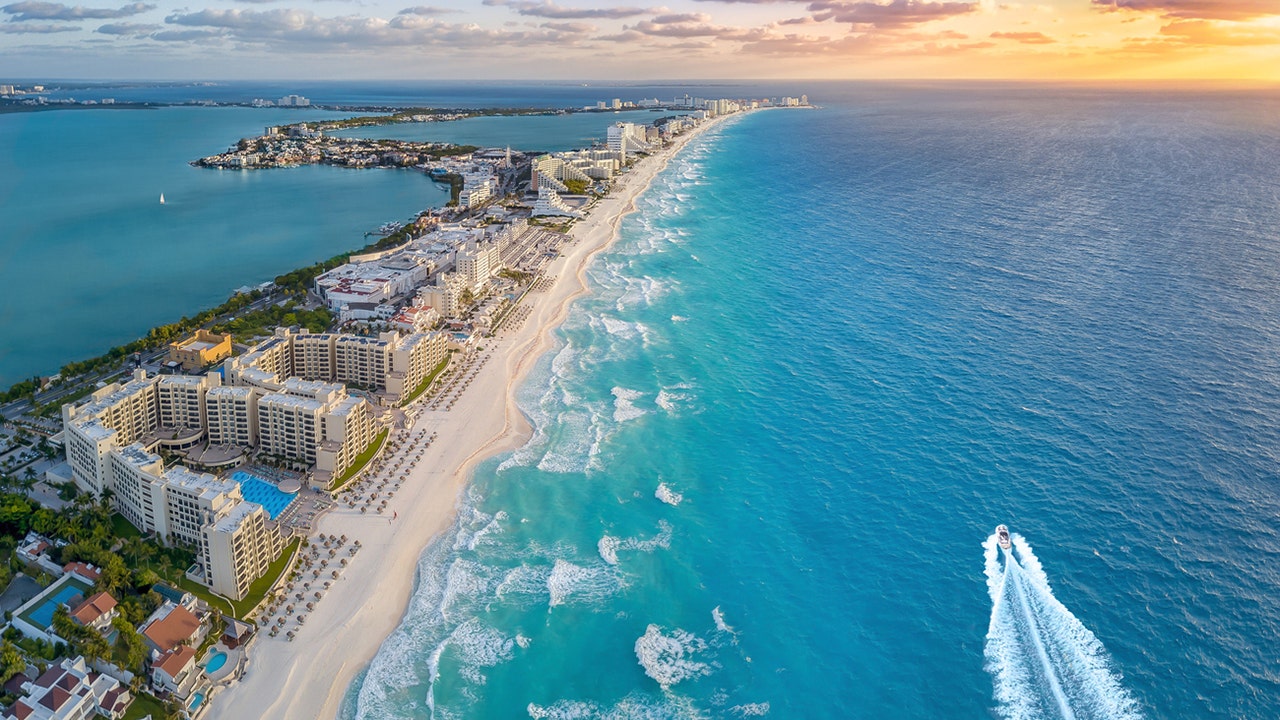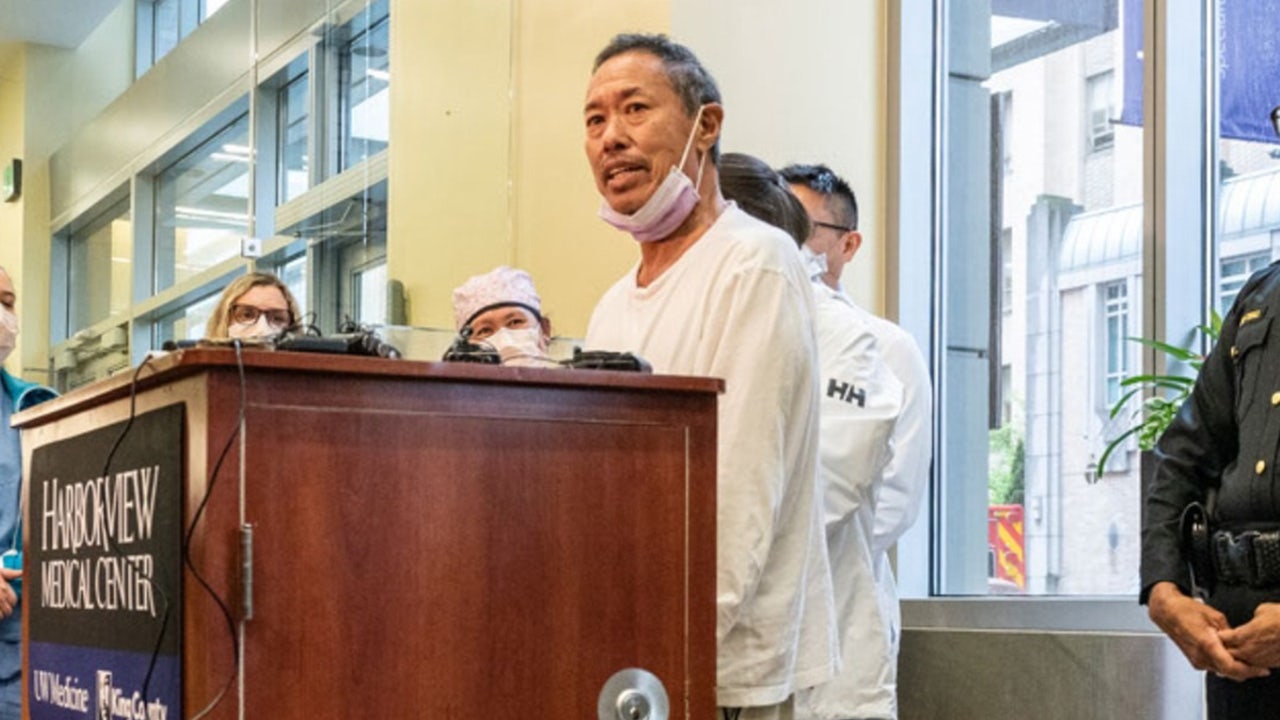The White House has lashed out against a US trade court decision to strike down a huge swath of President Trump’s tariffs. But before the ruling, Trump’s protectionist agenda was one of his least popular policies, according to multiple polls.
Earlier this month, for example, more voters considered Trump’s tariff policy to be the “biggest” mistake of his second term (26%), than any other issue, according to a Harvard CAPS/Harris poll. Other issues cited by respondents lagged far behind, including stretching his executive powers (17%) and “deporting people without due process” (15%).
About 57% in that survey said the new tariffs were “harming the economy.”
Voters were also split over whether Trump was committed to good deals (49%) or merely the appearance of pacts that make him appear successful (51%).
Despite misgivings over trade, the same poll showed signs of him gaining support on the economy and his overall agenda.
But that poll is far from alone in suggesting that Trump’s tariff regime has been underwater with the American public.
A recent Marquette University Law School survey found that 37% approved of Trump’s approach to tariffs, compared to 63% who disapproved, giving the policy a net negative by 26 points.
Some observers have also surmised that Trump’s tariff policy has had an impact on his overall approval rating.
A RealClearPolitics aggregate of Trump’s approval rating has shown that his negatives shot up after “Liberation Day” on April 2, when he unveiled his suite of tariffs. On that day, he had a 47.7% to 49.8% approval to disapproval rating.
His approval rating hit a second term low on April 27, with 45.3% saying he’s doing a good job. It since recovered to the same level as before the “Liberation Day” tariffs.
During that time, Trump had agreed to postpone his planned “reciprocal” customized tariff rates on virtually every country on the planet until July 8 to give his administration time to cut lightning deals with various countries.
He also announced a framework for a trade agreement with the United Kingdom and dramatically eased tariffs on China while his team negotiates with Beijing.
Generally speaking, presidents usually begin their terms with a “honeymoon phase,” in which voters tend to give them higher marks before viewing them more critically. Still, Trump’s current approval levels are several points higher than where they were throughout much of his first term, according to the RCP aggregate.
In addition to his approval rating, markets have also recovered from their post Liberation Day lows. They surged even more on Thursday in the wake of the court ruling.
Other polls that asked voters directly about Trump’s tariffs generally yielded negative responses.
Last month, Emerson College Polling also found that Trump’s tariff policy was underwater (34% approval, 51% disapproval), making it comparable to the public perception of his handling of the Russia-Ukraine War (27% approval, 52% disapproval) and Israel-Hamas war (30% approval, 46% disapproval) at the time.
Earlier that month, a CBS News/YouGov poll released about 10 days after tariffs kicked in found that 42% favored the idea of new tariffs on imported goods compared to 58% who opposed them.
Gallup found that 62% of US adults believe tariffs will make the costs of goods more expensive over the long run, and 70% agree that would be the case over the short term.
Not every poll was negative for Trump on tariffs. One survey commissioned by DailyMail.com with J.L. Partners concluded that Trump’s approval rating jumped about 4 percentage points around the time of his “Liberation Day” tariff announcement.
Roughly 36% of voters surveyed in that poll backed his 10% baseline tariff rate, while 28% opposed and 36% weren’t sure. Overall, 39% backed the idea of raising tariffs broadly on all goods, while 37% were against it, per the poll.
On Wednesday, the New York-based Court of International Trade blocked Trump from tapping into his emergency powers to implement most of his tariff agenda.
The Trump administration promptly asked the trade court to pause the ruling amid an appeal and has threatened to challenge it before the US Supreme Court.
Prior to the trade court’s decision, the Trump administration had imposed 25% tariffs on automobiles, aluminum, steel and imports from Canada and Mexico that don’t comply with the United States-Mexico-Canada Agreement. Trump also lodged a 10% tariff baseline on all imports and a 30% rate on China.
“It’s called negotiation,” Trump told a reporter at the White House Wednesday when pressed on his approach to trade.
Read the full article here














